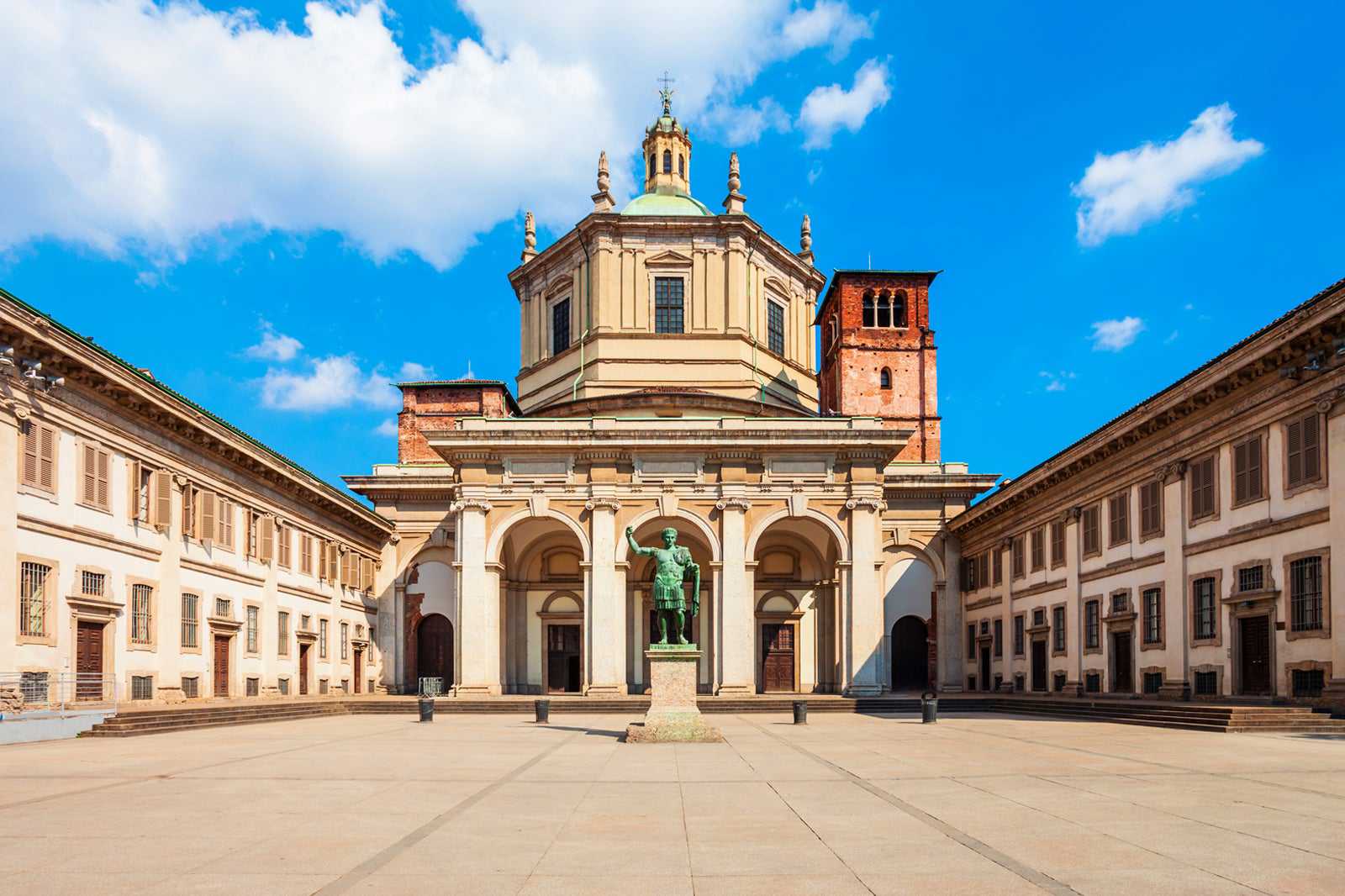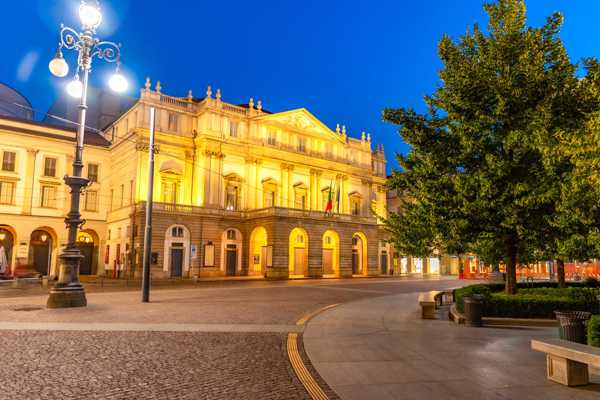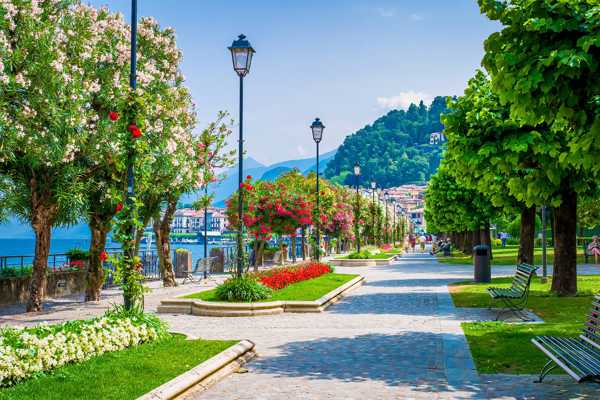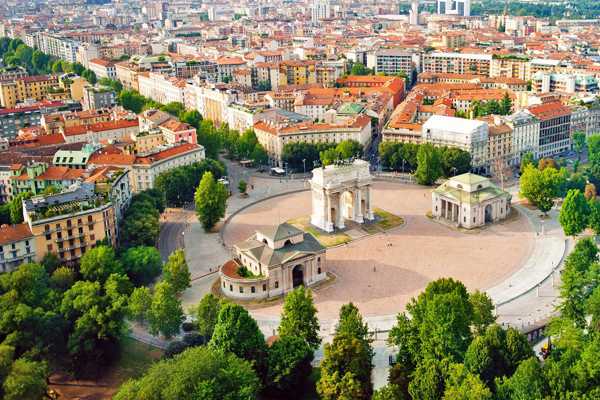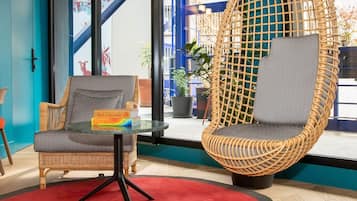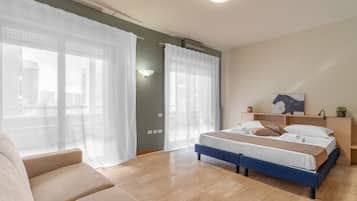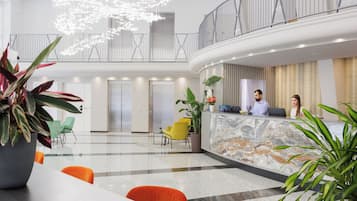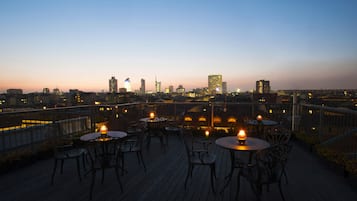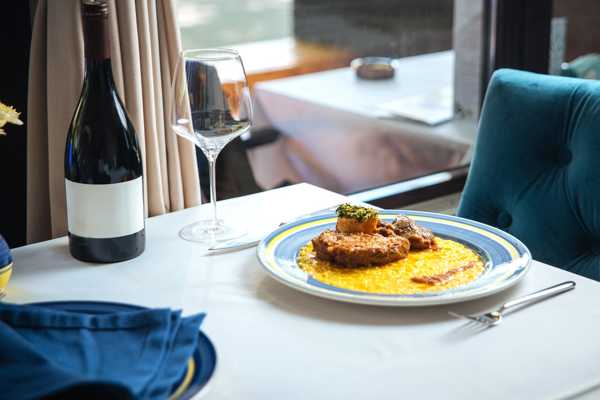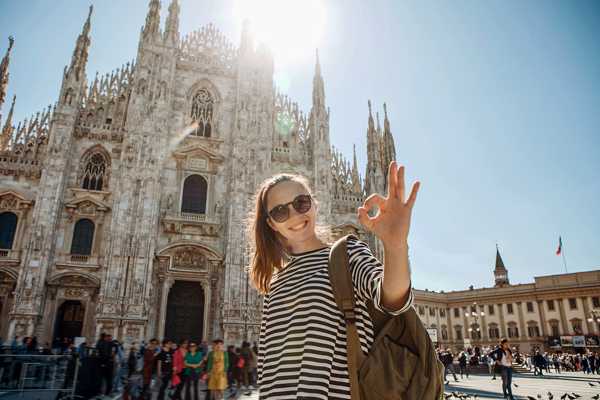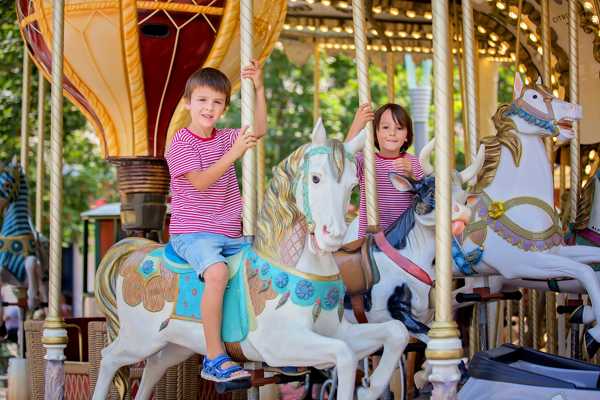Milan on a small budget is quite doable even though it’s known as among the most expensive and most fashionable cities in Italy. With streets lined with famous boutiques and magnificent monuments and artworks commissioned by the Visconti family in an age when the court was frequented by artists such as Leonardo da Vinci and Bramante, you’d easily think a visit to Milan would be a classy one.
Yet beneath Milan’s veil of glamour, there are ways to enjoy the city without needing to break the bank. For instance, taking in impressive sights of Milan’s most evocative landmarks as they are or discovering the city’s scenic waterways shouldn’t cost you anything. Read on to learn that holidays in Milan don't have to be expensive.
- 1
Naviglio Martesana
Discover the canals in the beautiful Gorla neighbourhood
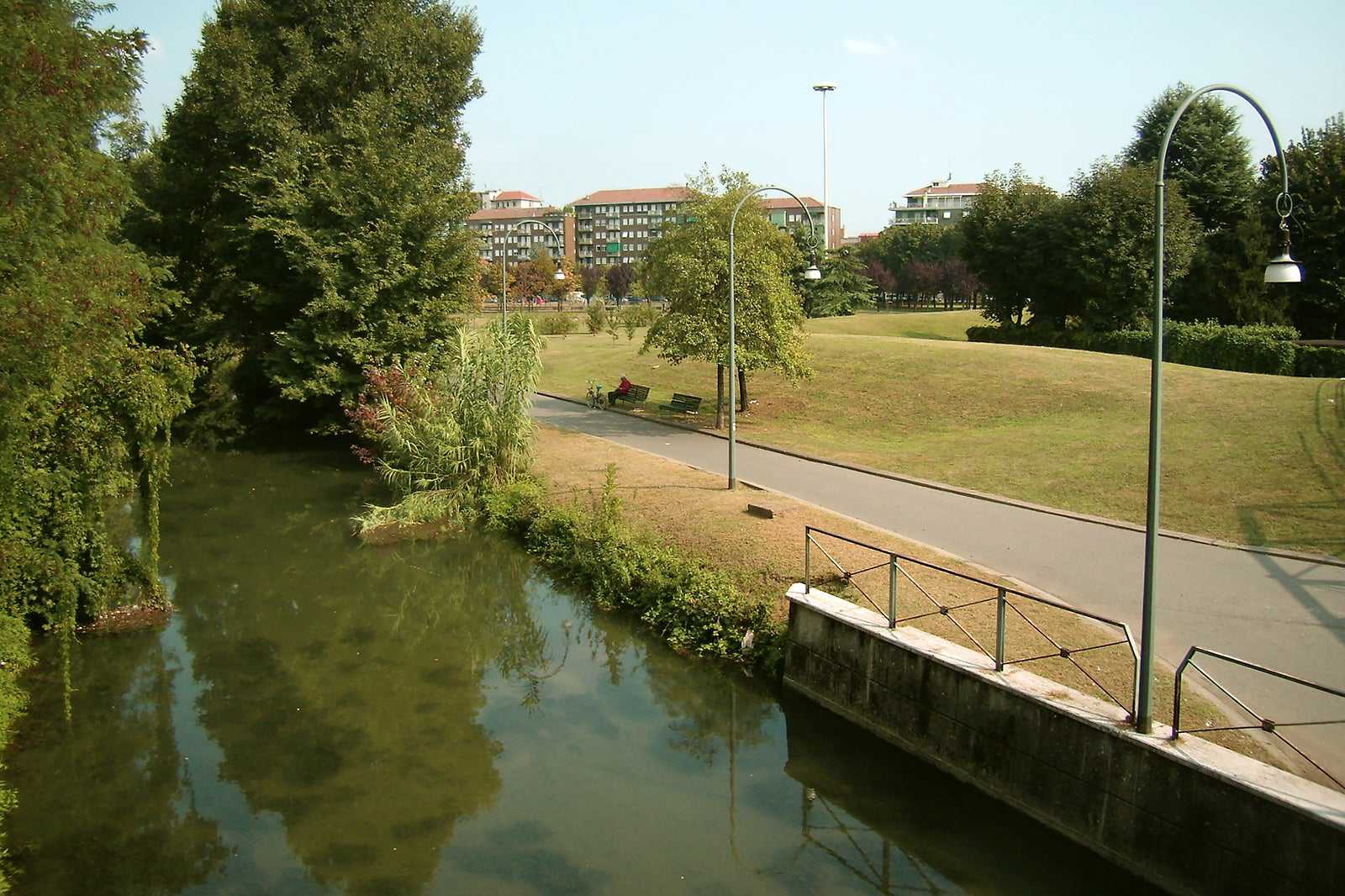
- 經濟實惠
- 拍照
Naviglio Martesana in Gorla shows that Milan is a water city, once a medieval centre that was once surrounded by canals. You can retrace the ancient watercourse via the first ring road around the centre. In days gone by, Ticino and Lake Maggiore were reachable from this circle via the Naviglio Grande canal, while the Martesana canal connected Milan to Adda and Lake Como.
Milanese trade was conducted via the waterways, and holiday residences were built on the banks. The northern Gorla district became so picturesque it was nicknamed ‘Little Paris’. You can experience Milan from a different perspective – freely and at your own pace – by cycling along Martesana’s banks to observe parks, ancient bridges, glimpses of delightful views and St Clare's Convent.
位置: Gorla, 20127 Milano MI, Italy
地圖 - 2
Basilica of San Lorenzo Maggiore
Majestic architecture remnant of the Roman city
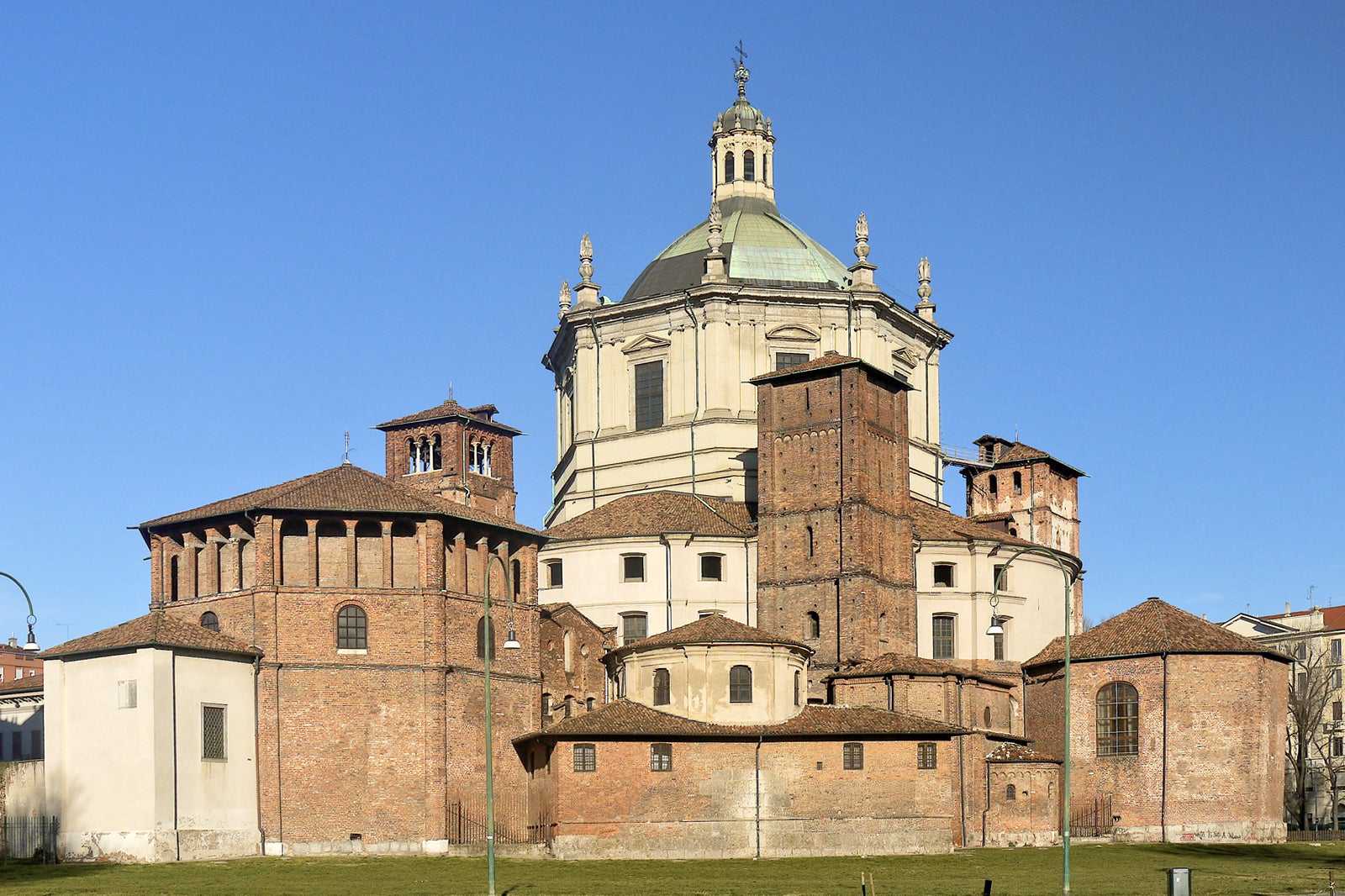
- 經濟實惠
- 歷史文化
- 拍照
A visit to Basilica of San Lorenzo Maggiore lets you discover one of Milan's most evocative sites. Rather than looking at the church's facade along Corso di Porta Ticinese, go to the park behind to see the building in all its majesty. The Basilica's origins stretch back to ancient times.
Construction began in the 4th century, although various restorations saw new additions to the original forms. The unique interior consists of a central space opening to 3 large apses. In front of the church is a colonnade, once an integral part of the building's 4-sided portico. The columns feature Roman-era Corinthian capitals, which date back even further to when Milan was called Mediolanum, and beside them was the road to another colony known as present-day Pavia.
位置: Corso di Porta Ticinese, 35, 20123 Milan, Italy
開放時間: Monday–Friday from 8.30 am to 6.30 pm, Saturday–Sunday from 8.30 am to 7 pm
電話: +39 02 8940 4129
地圖相片由 Arbalete 提供 (CC BY-SA 2.5) (經修改)
- 3
MUDEC - Museo delle Culture
A place in Milan where world cultures meet
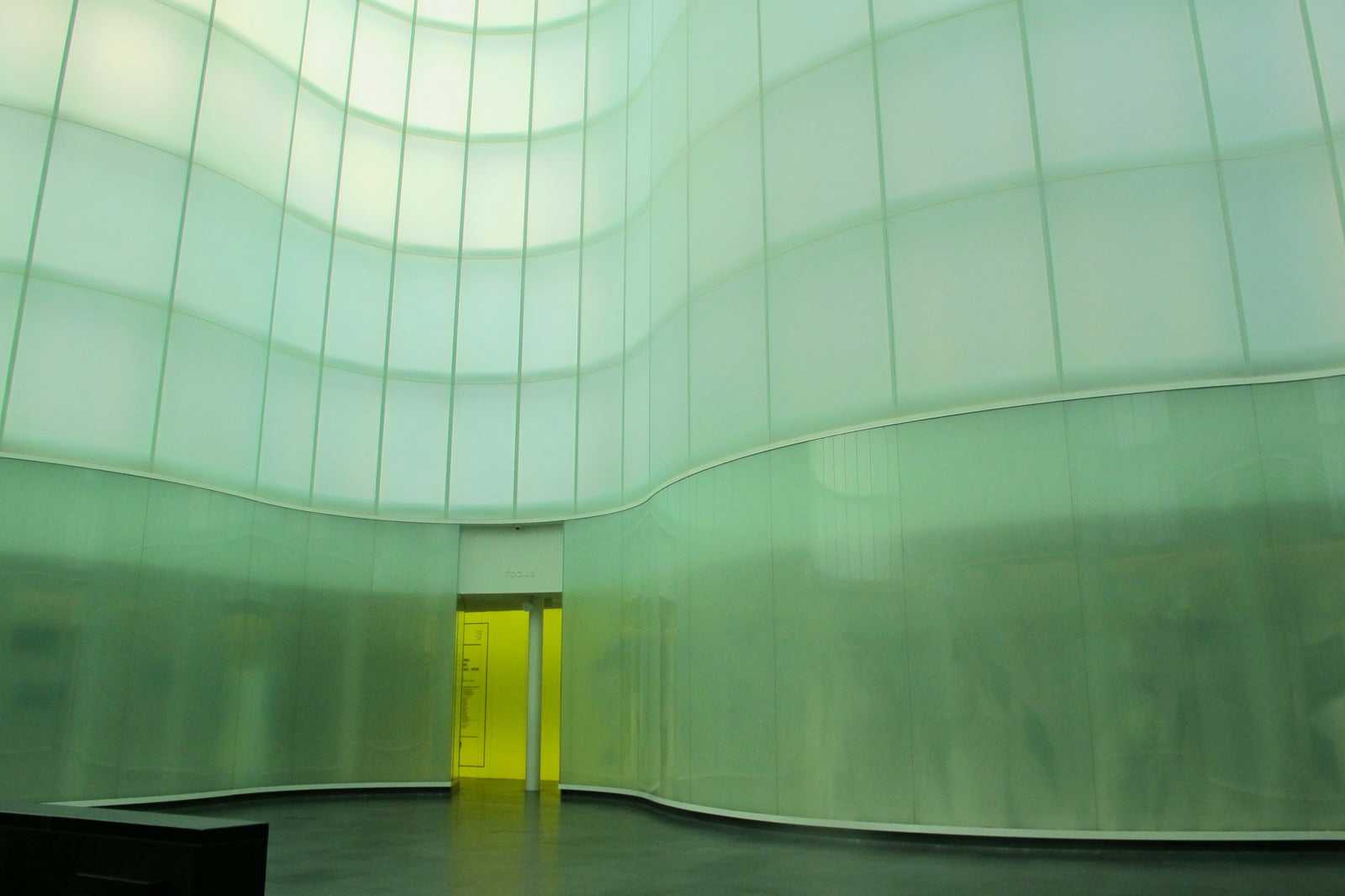
- 經濟實惠
- 歷史文化
- 拍照
MUDEC - Museum of Cultures is a place in Milan where various world cultures meet. Here you can see an ethnological exhibit featuring over 7,000 pieces, including works of art, musical instruments and everyday objects from around the world. Alongside the permanent exhibition, temporary displays are hosted illustrating artistic expression from every continent.
The interdisciplinary approach is evident from the fact that the museum isn't limited to visual arts but also includes design, costume, and music. If you're a fan of industrial archaeology and modern architecture, you’ll also appreciate the museum building. It's a former industrial plant which has had a winding, constantly illuminated crystal structure added to its square wings. Head to MUDEC in the evening for some atmospheric photos.
位置: Via Tortona, 56, 20144 Milan, Italy
開放時間: Hours vary by season
電話: +39 02 54 917
地圖相片由 FrussiWMI 提供 (CC BY-SA 4.0) (經修改)
- 4
Santa Maria presso San Satiro
Check out Bramante's false apse
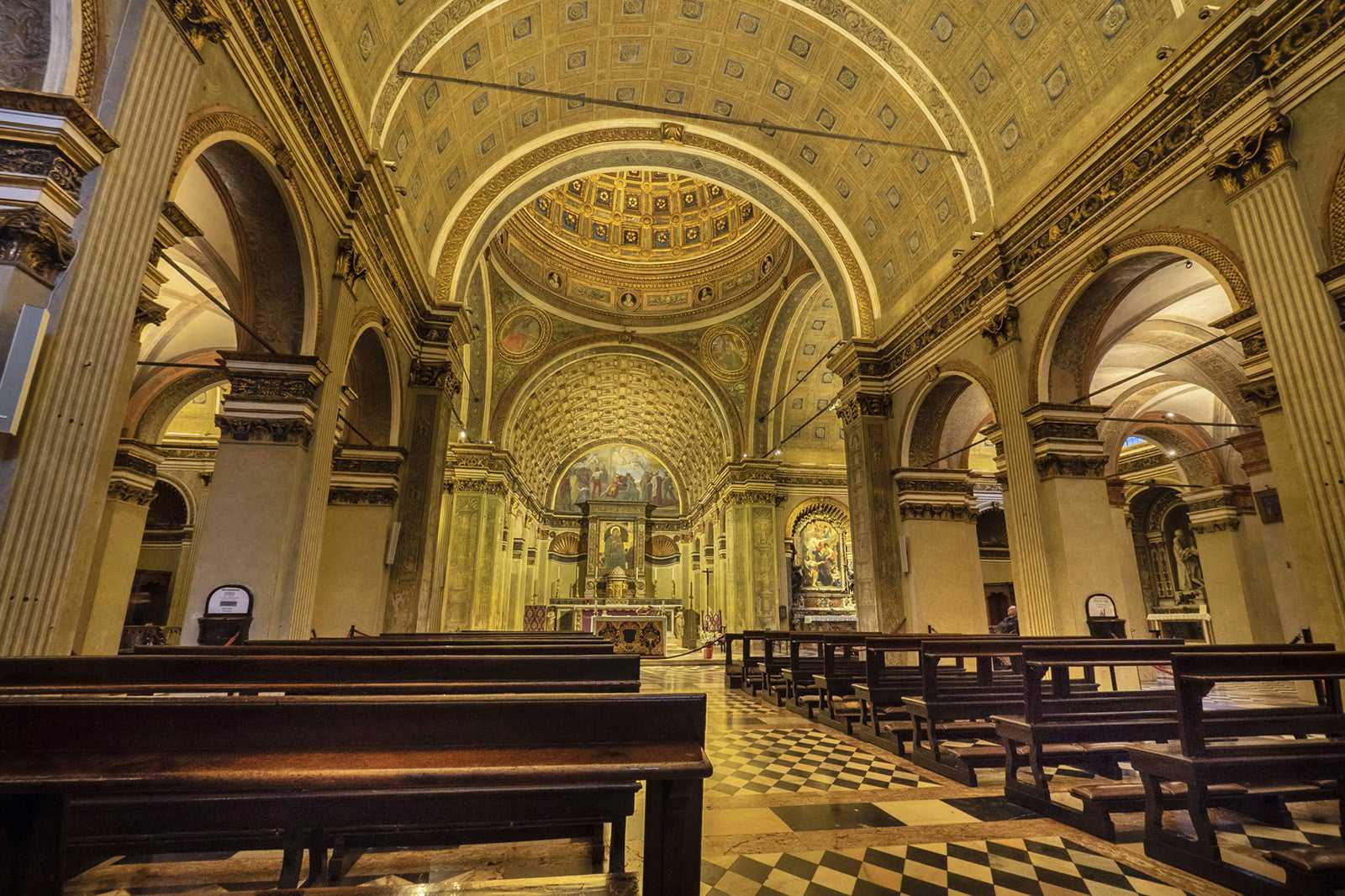
- 經濟實惠
- 歷史文化
- 拍照
The church of Santa Maria presso San Satiro in Milan is known for its false apse. The apse was meant to be 10 metres long but seems fitted into a space of only 97 cm. It’s the work of the genius Donato Bramante who turned such a restriction into a masterpiece. The church is a gorgeous Renaissance-style building near via Torino. The elegant and balanced facade conceals an interior with 3 naves, characterised by pillars and arches with sophisticated decorations.
However, the diocese couldn't get permission for space for the apse. Inventive Bramante came to the rescue, creating an optical illusion of columns, capitals, vaults and decorations. When you cross the threshold, you feel drawn to this space. Once closer, you'd be surprised to instead find yourself facing a wall.
位置: Via Torino, 17/19, 10123 Milan, Italy
開放時間: Tuesday–Saturday from 9.30 am to 5.30 pm, Sunday from 2 pm to 5.30 pm
電話: +39 02 874 683
地圖 - 5
Cà Granda
Milan's former Renaissance hospital
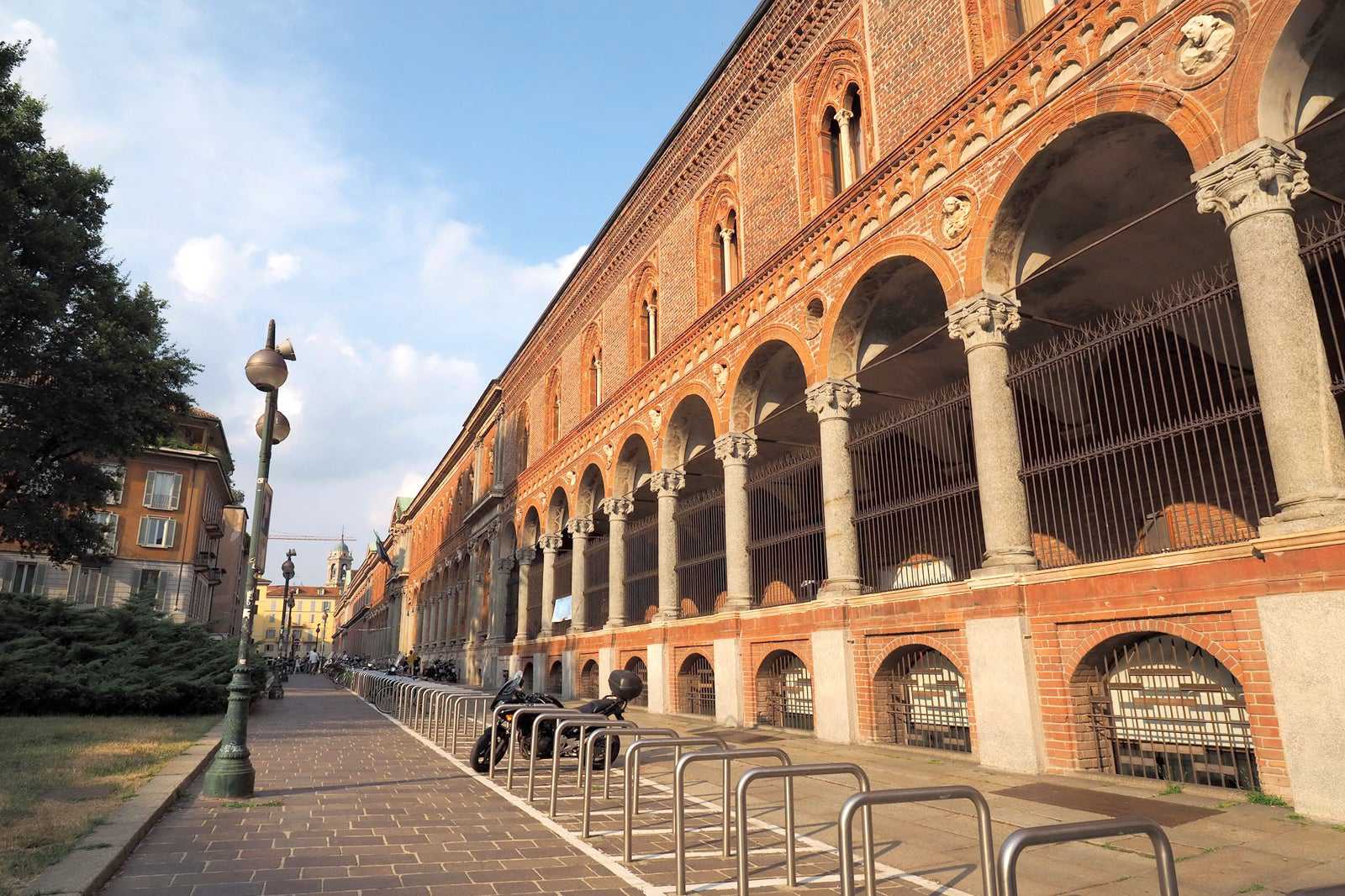
- 經濟實惠
- 歷史文化
- 拍照
Ask someone for directions to Cà Granda, and they’ll probably look confused. The old hospital, built in the second half of the 15th century, is now known for housing the University of Milan. In 1450, Francesco I Sforza, who had restored the duchy after the short-lived Ambrosian Republic, sought to win popularity by uniting the various health facilities scattered throughout the city in one practical location.
Filarete, an avantgarde Tuscan architect who had worked in Florence, undertook the project. The facility even had running water from the canal. Today’s building is the result of several alterations made over centuries. It consists of a central courtyard leading to a lateral section for men and another for women, and original 15th-century terracotta window decorations.
位置: Via Festa del Perdono, 7, 20122 Milan, Italy
電話: +39 02 503 111
地圖 - 6
Basilica di Sant'Ambrogio
Learn about the origins of Ambrosian spirituality
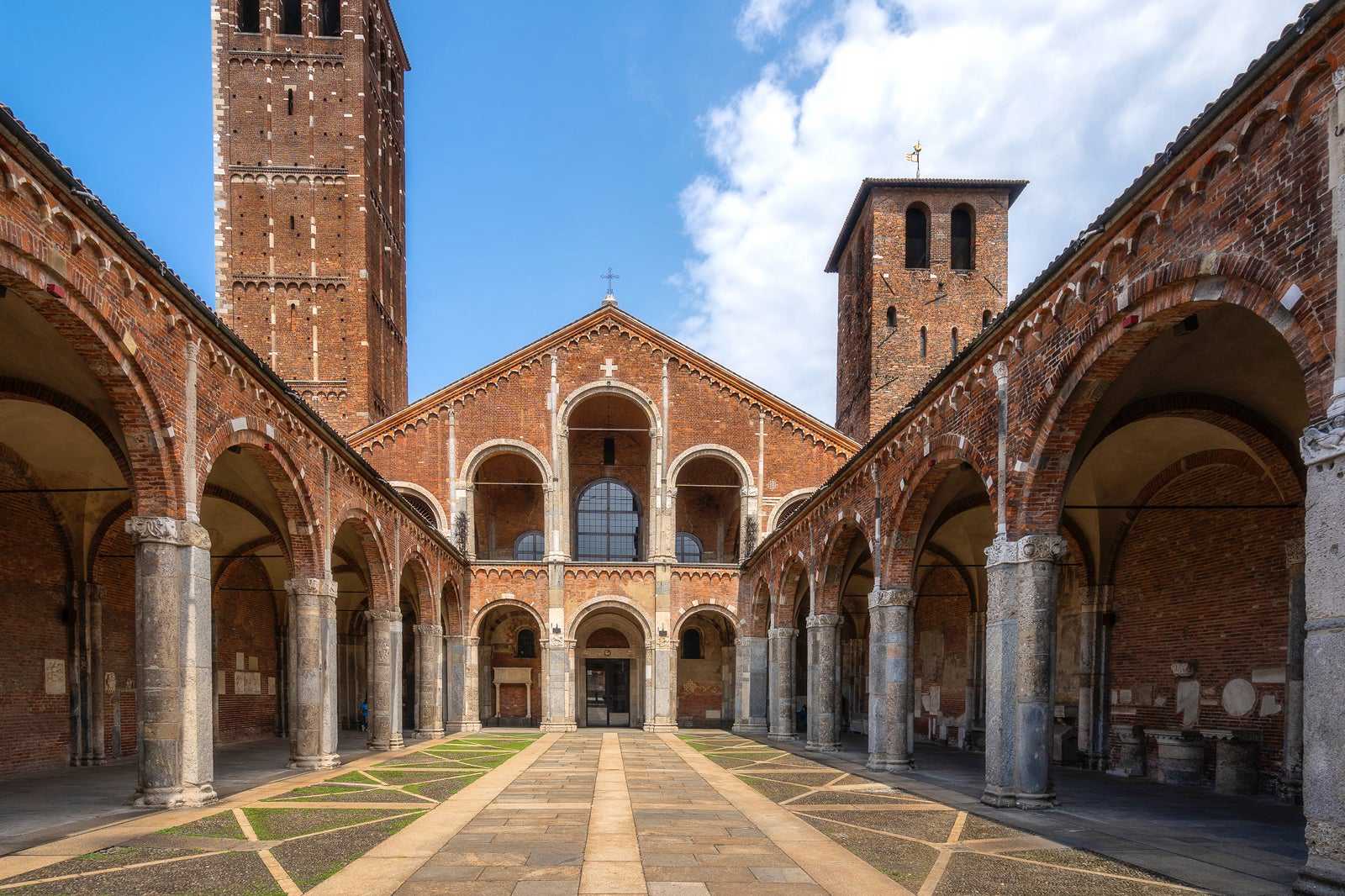
- 經濟實惠
- 歷史文化
- 拍照
Basilica di Sant'Ambrogio lies south of Cadorna station which is one of Milan’s oldest areas and a cornerstone of the city’s spirituality. Built by order of Ambrose, bishop of Milan, then rebuilt in the 11th century, its unusual exterior features a 4-sided portico and 2 bell towers of different heights.
Inside the church, it’s shaped like a Roman basilica, and under the pulpit is the elegantly sculpted Sarcophagus of Stilicho. In the crypt lie Ambrose, Gervasio and Protasio. On the left of the Basilica is a Roman column nicknamed the Devil's Column due to the 2 strange holes supposedly left by the devil's horns when Ambrose kicked him.
位置: Piazza Sant'Ambrogio, 15, 20123 Milan, Italy
開放時間: Monday–Saturday from 10 am to noon and from 2.30 pm to 6 pm, Sunday from 3 pm to 5 pm
電話: +39 02 8645 0895
地圖 - 7
Piazza Gae Aulenti
Where to admire Milan's cutting-edge architecture
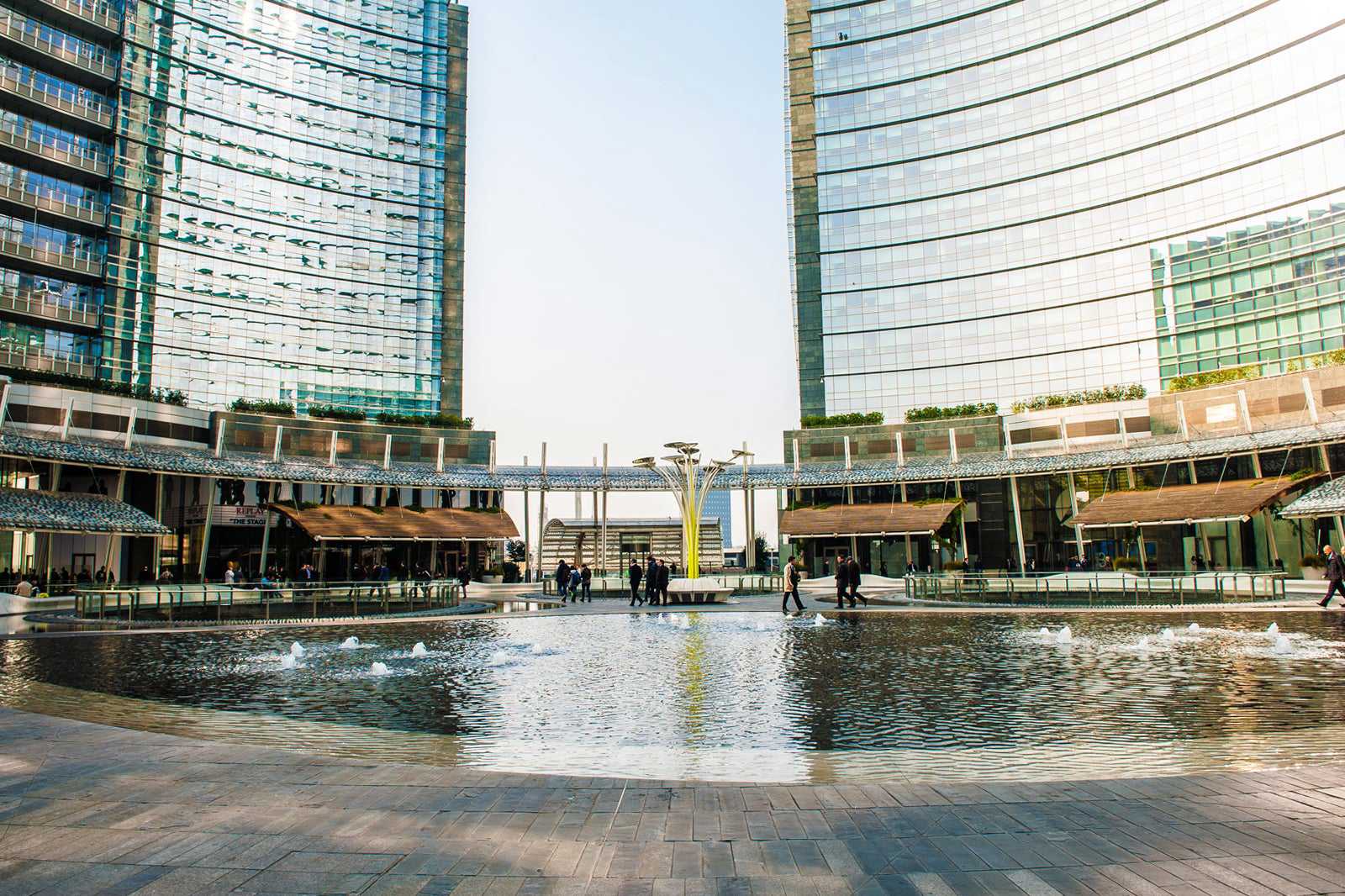
- 經濟實惠
- 拍照
Piazza Gae Aulenti is where you can discover and admire Milan's most cutting-edge architecture. Simply take the metro to Porta Garibaldi and climb the stairs to ground level until you step out onto the square. It’s a space raised above the road that resembles a massive circular bench. Here, you can relax among water features, light installations, solar panels and glass surfaces.
Look up and you'll see the spiralling Unicredit skyscraper and, further east, the unmistakable outline of the Bosco Verticale aka the ‘Vertical Forest’. One look is enough to understand its name – it consists of 2 skyscrapers with 800 trees, 15,000 perennials, and 5,000 shrubs integrated into its architectural structure. Unlike glass or stone walls that reflect and amplify sunlight, plant walls filter the sun's rays, regulate humidity, and absorb carbon dioxide and fine particles.
位置: Piazza Gae Aulenti, 36, 20124 Milan, Italy
開放時間: 24/7
地圖 - 8
Casa-Museo Boschi Di Stefano
Explore the collectors' private residence
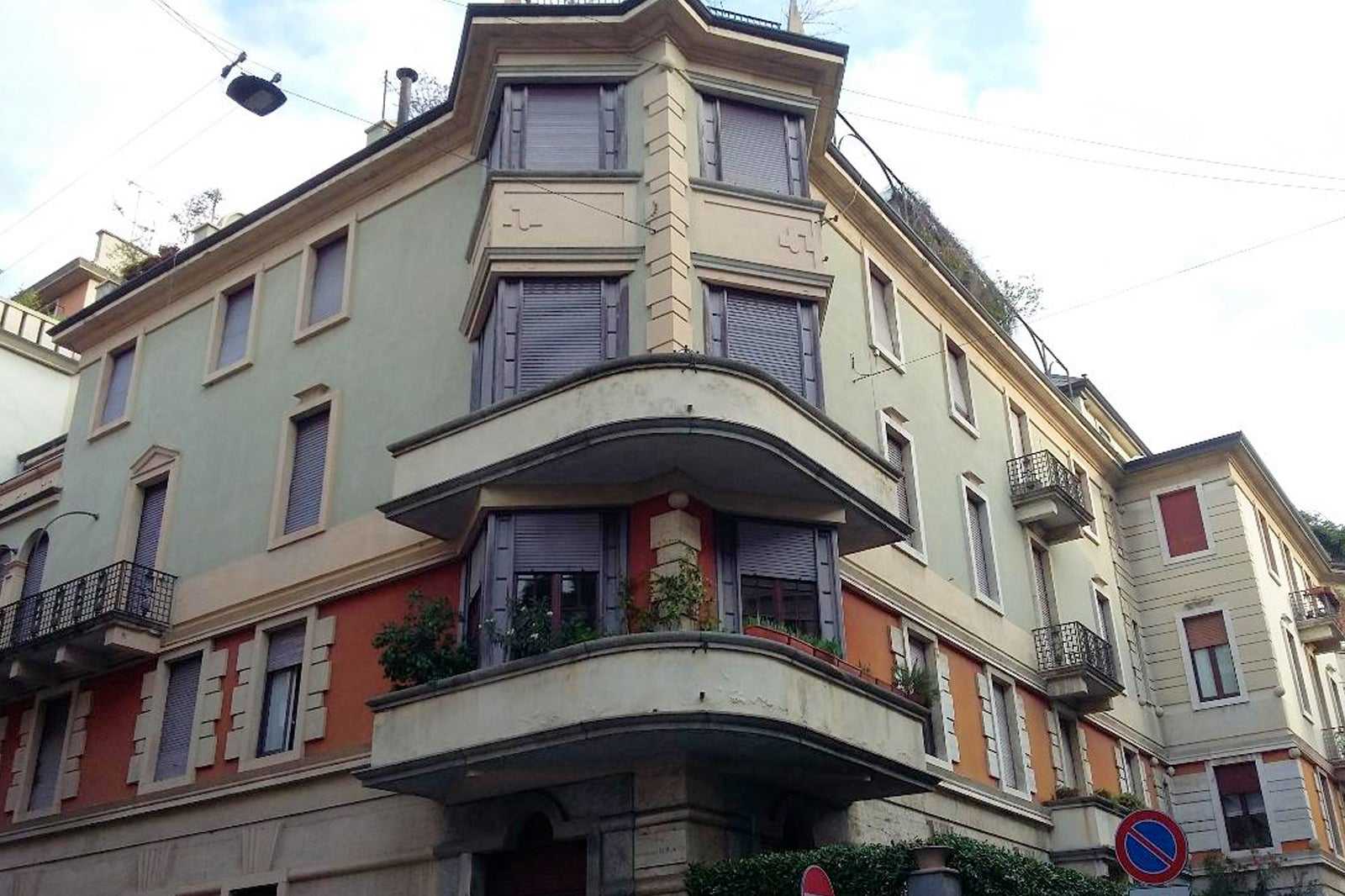
- 經濟實惠
- 歷史文化
- 拍照
Casa-Museo Boschi Di Stefano is a house-museum in Milan that’s free to visit and introduces you to a private art collection or around 300 works. The paintings, drawings, and sculptures were collected by husband and wife Antonio Boschi and Marieda Di Stefano. They’re now on public display in their former home that was built parallel to Corso Buenos Aires in the 1930s.
The collection mainly features Italian art, including pieces by Boccioni, Severini, De Chirico, Carrà, Morandi, De Pisis, and Sironi who has a whole room dedicated to himself. Don’t miss The Fontana room, which contains about 20 interesting pieces. The house-museum was opened at the request of the couple, and during your visit you can admire some original furnishings, reflecting early 20th-century style and tastes.
位置: Via G. Jan, 15, 20129 Milan, Italy
開放時間: Tuesday–Sunday from 9.30 am to 5.30 pm (closed on Mondays)
電話: +39 02 8846 3736
地圖相片由 Lauraderiu 提供 (CC BY-SA 4.0) (經修改)
- 9
Porta Venezia quarter
A journey through Art Nouveau buildings
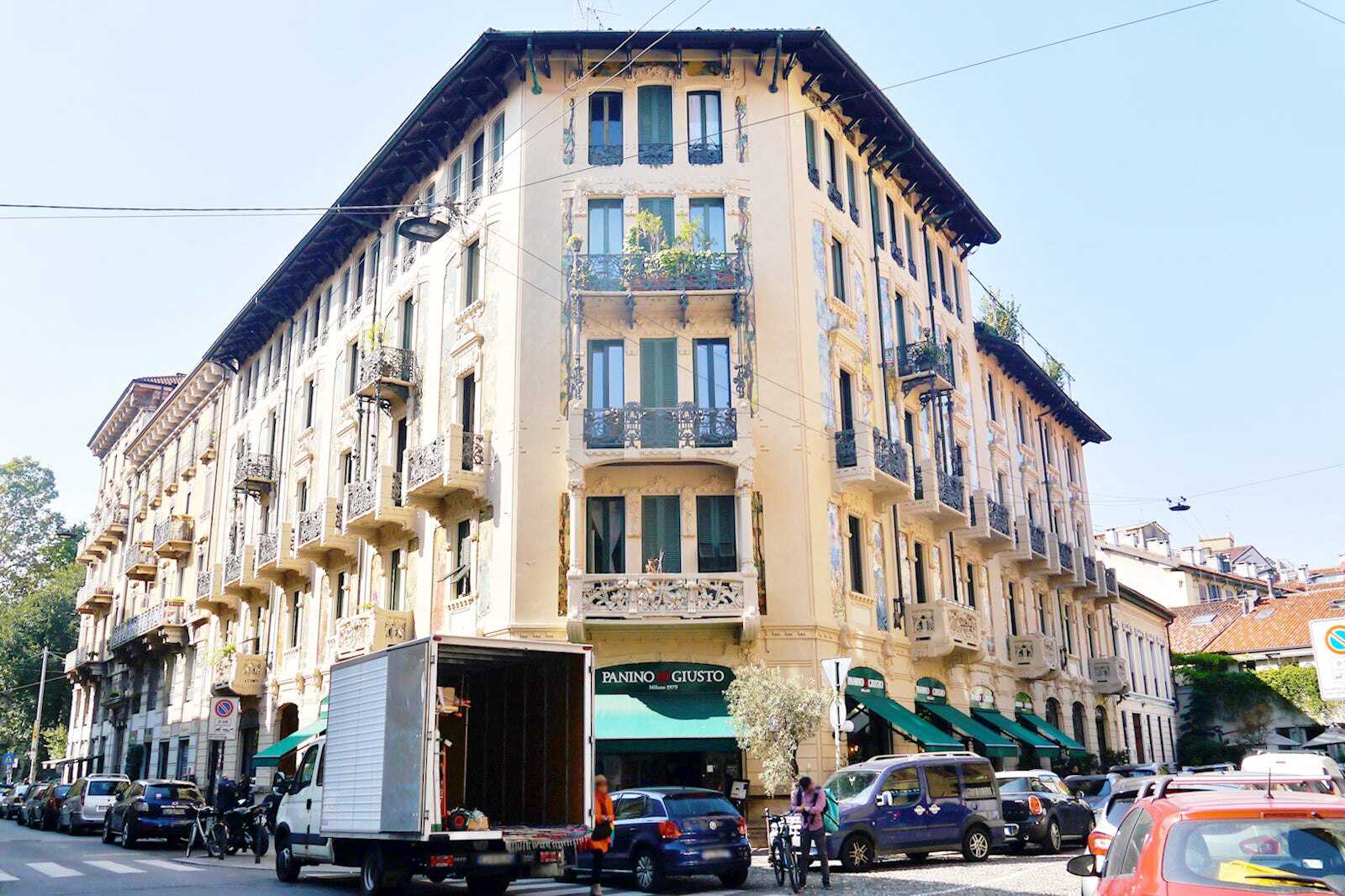
- 經濟實惠
- 拍照
To admire Porta Venezia’s Liberty architecture in Milan, start with Casa Galimberti on Via Malphigi. This early 20th-century building is characterised by wrought-iron balconies and colourful mosaics. Liberty was brought to Milan by the Galimberti, a family of building contractors. On the opposite side of the street stands Casa Guazzoni. Continue along via Frisi to see the former Dumont cinema, now a library.
Return to Giardini di Porta Venezia and find on the southern edge the palatial Palazzo Castiglioni. Continue along via Senato to see Casa Tosi, then you'll reach via Cappuccini where Casa Berri Meregalli stands, which combines Liberty features with Gothic and Renaissance elements. Last stop, on Via Bellini is Palazzo Campanini that’s graced by 2 impressive female figures on both sides of the entrance.
位置: Porta Venezia, 20121 Milan, Italy
地圖相片由 Zairon 提供 (CC BY-SA 4.0) (經修改)
- 10
MAUA – Museum of Augmented Urban Art
Go treasure-hunting for street art
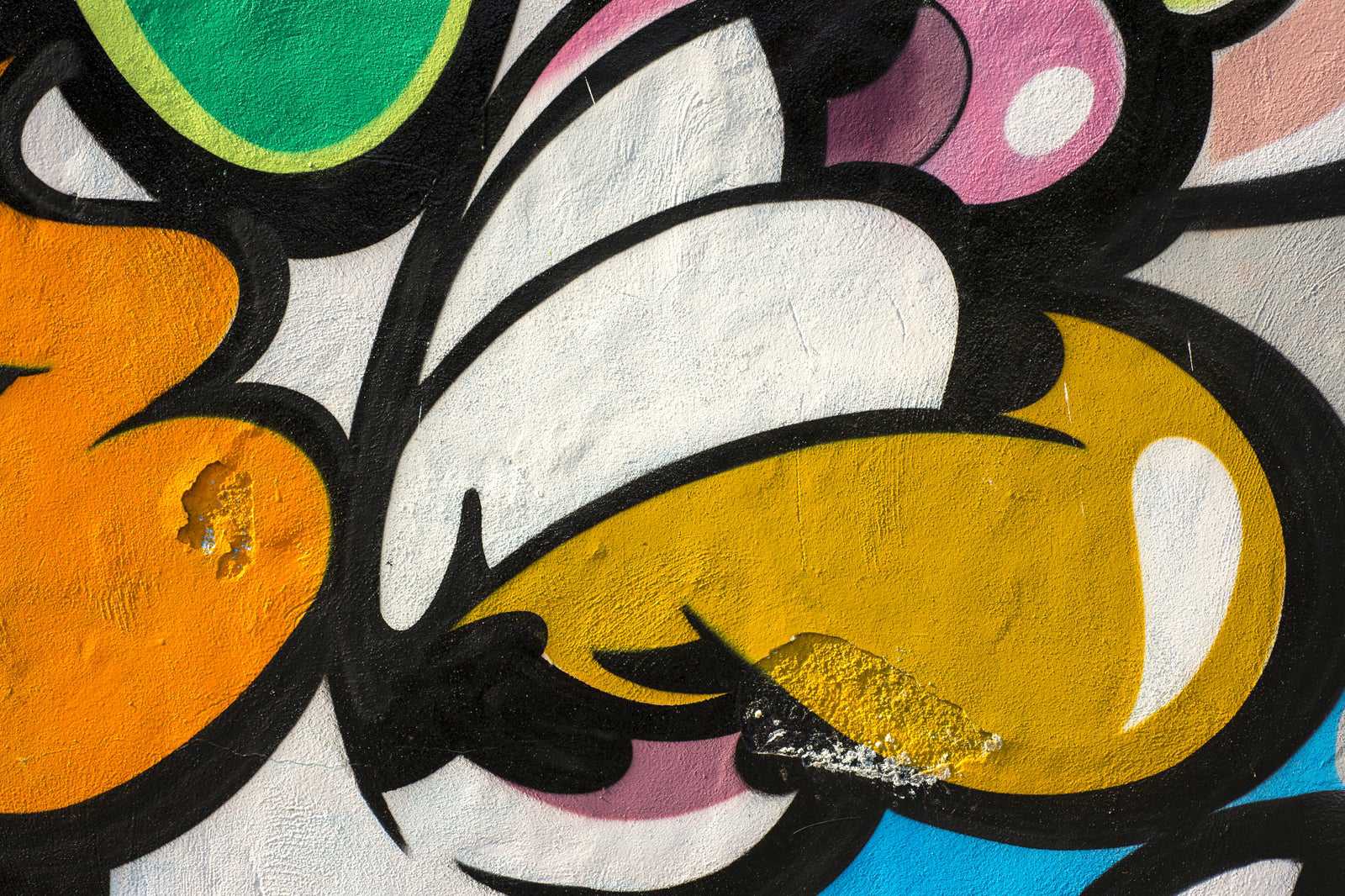
- 經濟實惠
- 拍照
Museo di Arte Urbana Aumentata or the Museum of Augmented Urban Art in Milan (MAUA for short) is an innovative and unusual open-air museum. Firstly, there’s no address. It's scattered throughout the city, and it's up to you on how you’d like to admire the art. To do so, you first download the Bepart app onto your smartphone and then follow the map around the city on your ‘treasure hunt’.
When you see art on a building, frame it. The images will move and the wall comes to life with amazing animations. The murals are found in 5 suburban areas: Giambellino-Lorenteggio, Adriano-Padova-Rizzoli, Corvetto-Chiaravalle-Portodi Mare, Niguarda-Bovisa and QT8-Gallaratese. The neighbourhood residents chose the subjects and the project involved numerous artists, like graffitists who worked directly on the walls as well as animation designers who oversaw the digital effects.
地圖
